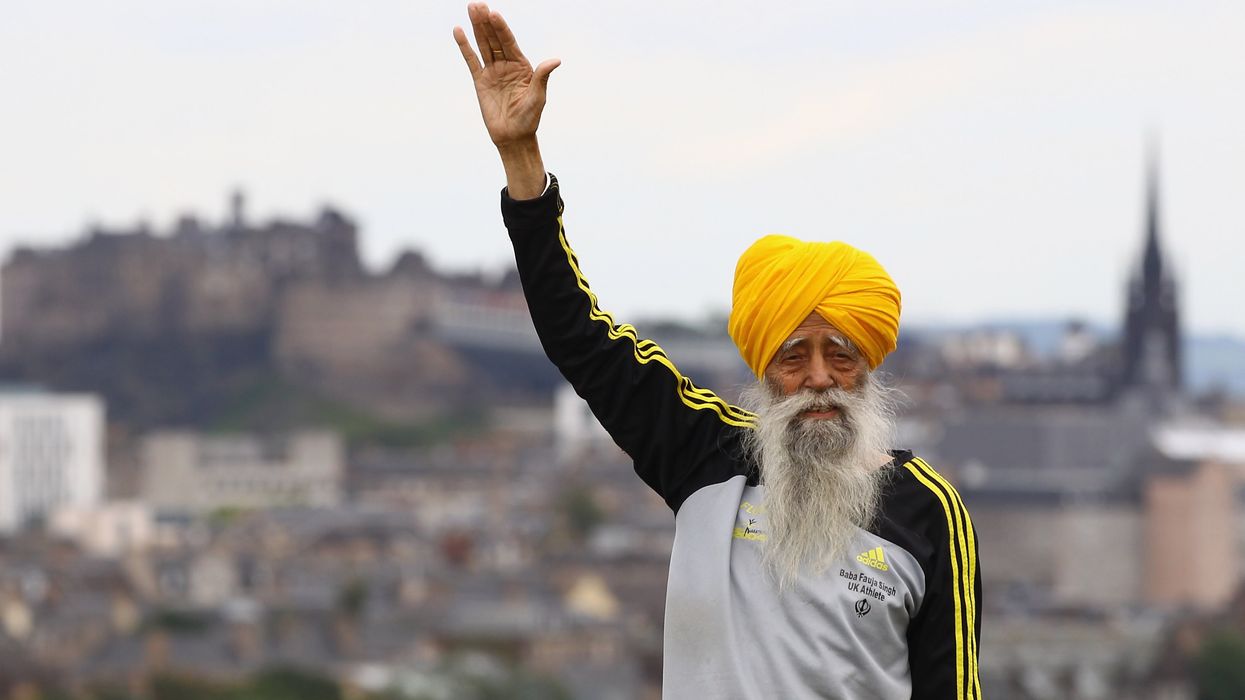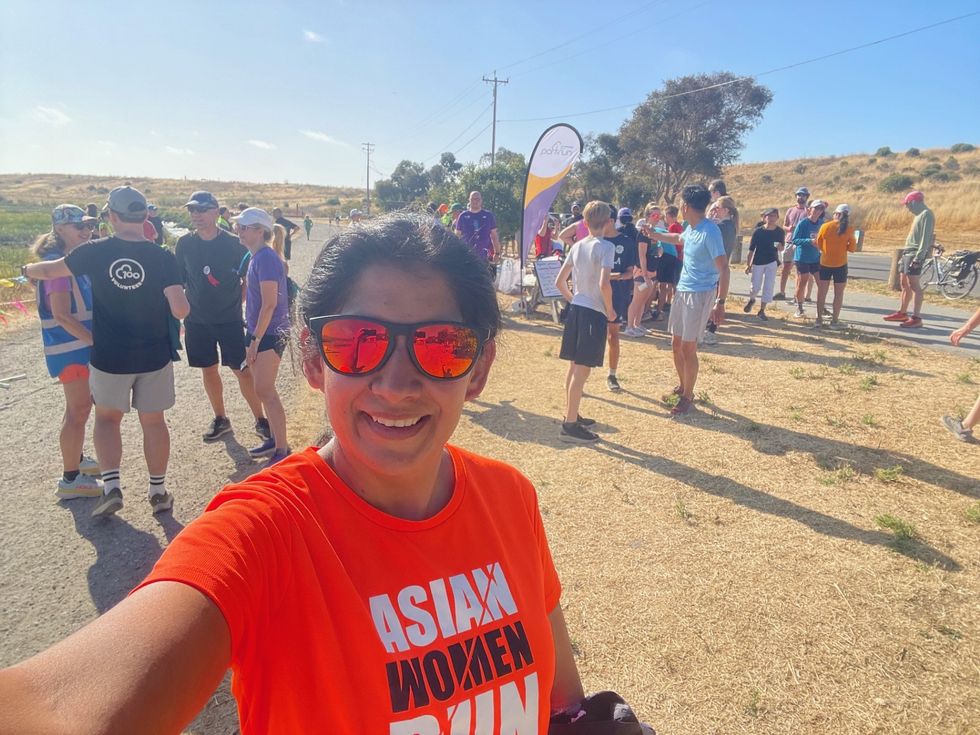LAST week, the UK government confirmed that India would be moved from its red list to amber travel status.
The change, which came into effect from last Sunday (8), means fully vaccinated travellers to the UK will no longer have to adhere to the mandatory 10-day hotel quarantine rule.
The more relaxed guidelines will undoubtably be welcome news to many British Asians, who are keen to visit loved ones in India.
However, it is vital that visitors remain vigilant while they are in the country. It was only months ago that India was devastated by a second Covid-19 wave that saw many hospitals and crematoria overwhelmed with cases and deaths.
India was added to the UK’s red list back in April while the country was seeing more than 400,000 coronavirus cases a day.
Although the wave seems to have abated a little, coronavirus cases are still relatively high in the nation and there are vaccine shortages in some areas.
India only ranks 94th in the world based on percentage of population vaccinated.
Although those who are double jabbed may have fewer concerns regarding the consequences of catching the virus, it is still essential that people stay safe and remain cautious.





 Minreet Kaur
Minreet Kaur 











 Heehs describes two principal approaches to biographyAMG
Heehs describes two principal approaches to biographyAMG


Editor's comment: Amber list caution